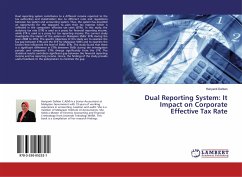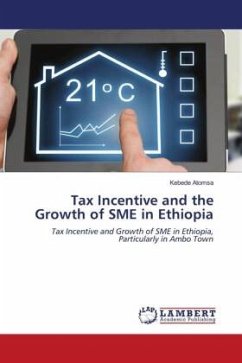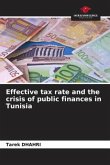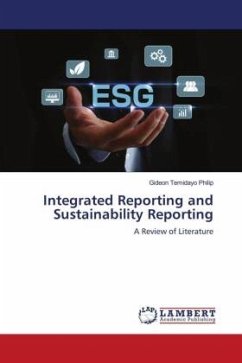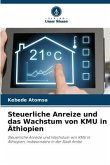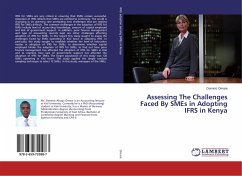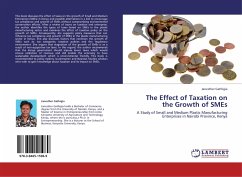Dual reporting system contributes to a different income reported to the tax authorities and stakeholders due to different rules and regulations between tax system and accounting system. Thus, the system has provided an opportunity for the taxpayers to plan their tax expense which is reflected in the companies' effective tax rates (ETRs). In this study, the statutory tax rate (STR) is used as a proxy for financial reporting income, while ETR is used as a proxy for tax reporting income. The current study investigates the impact of the system on Malaysian SMEs' ETRs during the years 2008 to 2012. The specific objectives of this study are to examine the tax gap between ETRs and the STR for Malaysian SMEs and to examine the factors that influenced the level of SMEs' ETRs. The study found that there is a significant difference in ETRs between SMEs during the investigation periods and companies' ETRs diverge significantly from the STR. The statistical results contribute significant gap between the financial reporting income and tax reporting income. Hence, the findings of the study provide useful feedback to the policymakers to minimize the gap.
Bitte wählen Sie Ihr Anliegen aus.
Rechnungen
Retourenschein anfordern
Bestellstatus
Storno

